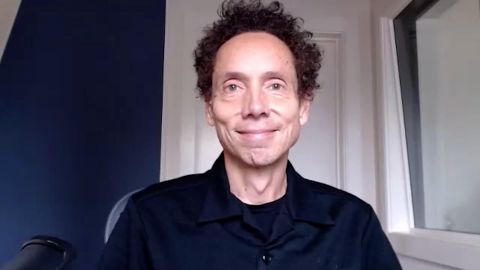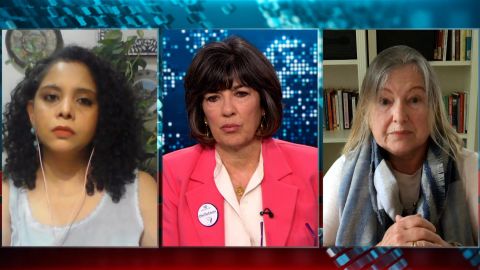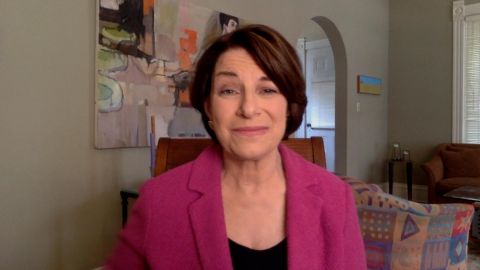Read Transcript EXPAND
CHRISTIANE AMANPOUR: You have had that role as director of VOA. So, you have had the big picture. You’re also on the board of the Committee to Protect Journalists. And you heard the caseworker there calling it a humanitarian crisis for journalists in Myanmar. Of course, it’s happening in Hong Kong. It’s happening many, many places we look right now. From your sort of global, big picture perspective, why is this happening now? What are the main forces?
AMANDA BENNETT, FORMER DIRECTOR, VOICE OF AMERICA: Well, for one thing, you’re talking about the pandemic. And for the other thing is, we are aware of it now, but, honestly, the threats to the press have been consistent over decades. Most of the repressive regimes which are now growing in power and strength, for example, in China and Russia, where they’re throwing journalists out of the country, are — they’re kind of flexing their muscle, as you can see in Hong Kong, and the military flexing its muscle in Myanmar. But threats against journalism are absolutely nothing new. There’s been over the past three decades probably about more than 40 journalists a year killed for the past three decades.
AMANPOUR: Of course. I just wondered. We just seem to see a rise in authoritarianism, particularly in the — in Asia right now.
BENNETT: Yes. And that’s clearly true that the first thing an authoritarian government wants to do is to seize control of the press. That’s historically been absolutely the case. It’s part of the roots of Voice of America. Voice of America was created during World War II to broadcast behind Nazi lines. So, authoritarian governments and crushing the press go completely hand in hand.
AMANPOUR: So, let me turn to Rana. And we have talked before, particularly on the rather draconian government new restrictions in Kashmir, which is I believe where some of your family are still. But we just said what the organization has said, 175 journalists have died of COVID. You yourself, very sadly, have suffered the loss of family members in this latest round, this latest surge. And on top of that, even Reporters Without Borders are saying that India is 142nd on the list of the most dangerous place for a journalist to be.
RANA AYYUB, “THE WASHINGTON POST”: Well, Christiane, I completely agree with Amanda when she says that the first target of authoritarian regimes is to basically control the source of information. As we talk, there are multiple reports in India that we have lost close to 56 journalists in the last 28 days of the pandemic. They have succumbed to COVID-19, because most of the journalists, they’re also front-line warriors, are not vaccinated. They do not have — they do not have the mechanisms. They do not have probably safety measures to kind of save themselves. So, journalism comes last on the list of priorities.
About This Episode EXPAND
Amy Klobuchar; Rana Ayyub; Amanda Bennett; Malcolm Gladwell
LEARN MORE


